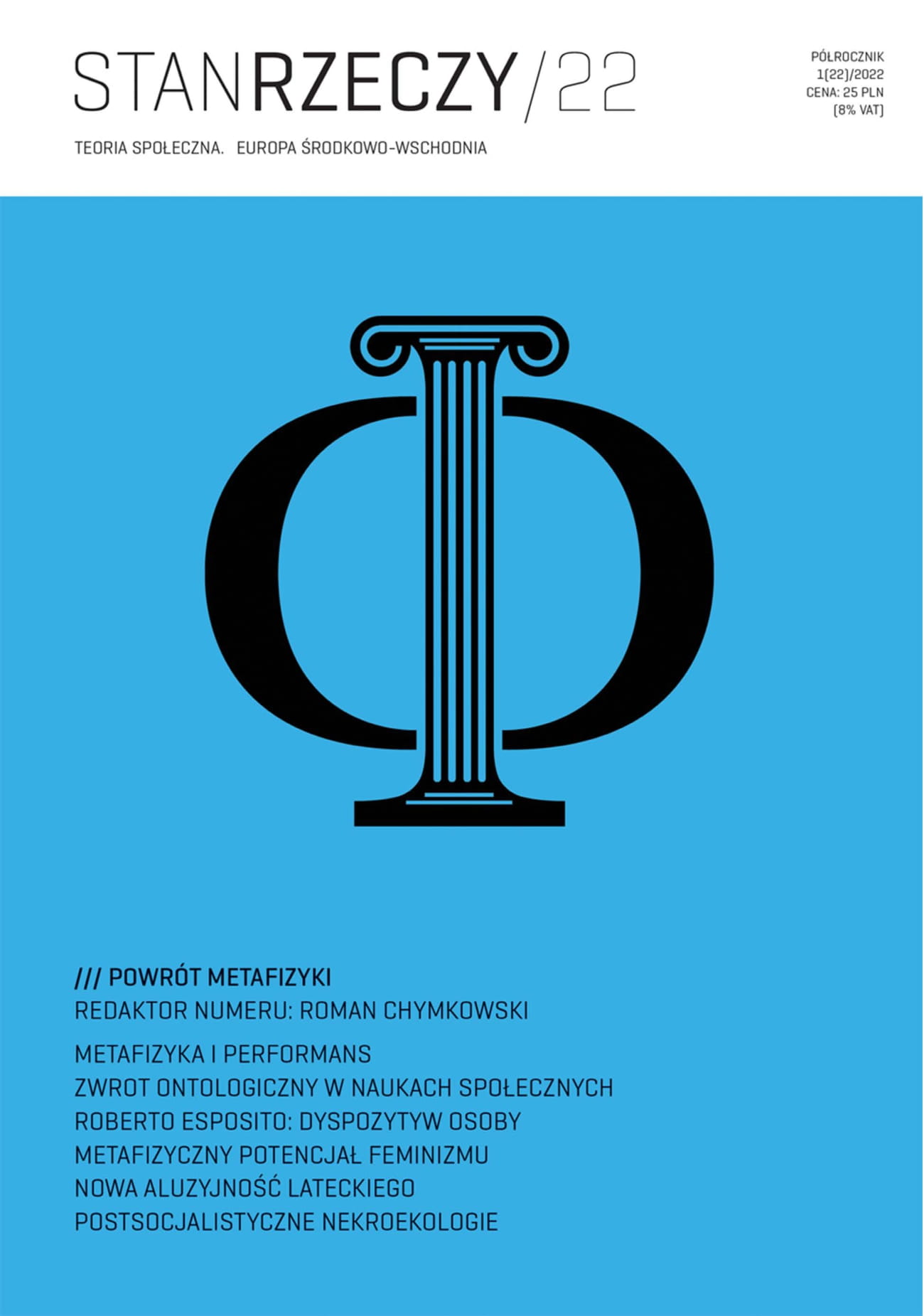Mindfulness jako nowy ethos korporacji
Mindfulness as the New Ethos of Corporations
Author(s): Jan BiedziakSubject(s): Philosophy, Social Sciences, Metaphysics, Sociology, Sociology of Culture, Sociology of the arts, business, education, Social Norms / Social Control, Sociology of Religion
Published by: Wydział Socjologii Uniwersytetu Warszawskiego
Keywords: mindfulness; secularisation; capitalism; neoliberalism; Protestant asceticism; meditation; personal development
Summary/Abstract: From therapeutic centres, mindfulness has infiltrated society and is now one of the most popular self-help methods, with a brilliant career in the past few years. Over the decades, mindfulness has been adapted to the Western world and has dominated not only health-related academic discourse but has increasingly begun to appear in discussions about management and the future of education. In the first part of the article, I introduce the idea of mindfulness. I point out its modern individualised and secular nature. To this end, I cite the work of Jon Kabat-Zinn, who developed the modern version of mindfulness and launched the mindfulness revolution. In the second part, I present mindfulness as a lifestyle. Through conscientious performance of practices, mindfulness becomes, so to speak, a modern version of asceticism, which is supposed to lead to well-being in general and evokes associations with the principles of Protestant asceticism and the ethos of capitalism described by Max Weber. Particularly noteworthy is the model of introducing mindfulness practice into companies, as discussed in the third part of the article. In the context of the neoliberal system, such a practice fits into the current of personal development and provides practical solutions for employees. It also produces its own ethics, which fits into the current of individualism. The last section is devoted to the issue of McMindfulness, or criticism of the introduction of mindfulness into companies. In this section, I cite arguments that point to the use of this technique to increase company profits and pacify employees. The above elements reveal mindfulness as a practice which is adapted to neoliberal conditions, and which adopts and modifies specific principles derived from Protestant asceticism. Consequently, the practice of meditation is slowly ceasing to be merely a method of therapy and is becoming a generally accepted norm in the pursuit of mental well-being. It may become the ethos of modern corporations.
Journal: Stan Rzeczy
- Issue Year: 2022
- Issue No: 22
- Page Range: 197-217
- Page Count: 21
- Language: Polish

